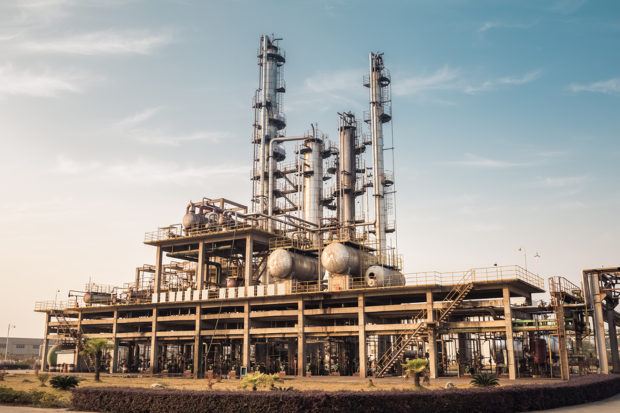One major commercial risk the P/C insurance industry is wary about in the months ahead involves U.S. chemical firms expanding abroad. A new Chubb advisory warns they face potential challenges managing those risks due to product liability issues, environmental regulations and insurance laws that vary widely from country to country.
“These firms need to identify such risks to their foreign operations and develop a robust strategy to manage them,” Ernie Salas, vice president of Specialty Casualty & Construction for Chubb, said in prepared remarks.
Underscoring what’s at stake, Salas noted in his report that the U.S. should run a $77 billion trade surplus in chemicals by 2019, with total U.S. chemistry sales set to surpass $1 trillion, based on American Chemistry Council estimates. What that means is that the overseas growth is coming regardless, and Chubb warns that both established chemical companies and industry newcomers pursuing international growth would do well to consider the “significant risk management challenges” that await them.
Here are some of the risk management exposures Chubb and Salas identify in the report:
- Products liability. Chubb warns that companies should make sure they have proactive recall capabilities to limit any damages assuming faulty products are discovered during testing. The ability to track specific batches of products around the world would help in this regard, according to the report.
- Emerging environmental regulations. The report notes that environmental laws in foreign markets are fluid, varying from the European Union to Asia and elsewhere. With that said, Asia and China in particular are beginning to toughen regulatory standards in closer line with more regimented guidelines in the West.
“Besides dealing with differing environmental laws from country to country, it’s important to understand how regulations are enforced in practice and how any future regulatory changes might affect the company’s operations,” the report notes.
- Emerging chemicals. Chubb warns companies to be careful about how they address new and emerging chemicals and the risks they entail. One thing of note in this area: any media and public scrutiny that could come up involving the production of chemicals found at some point to be harmful rather than safe.
- Transportation and disposal. New companies and established ones alike should be clear about the risks involved in shipping “potentially polluting products around the world.” Key here: proper licensing, following local standards and “sufficiently rigorous testing protocols.”
- Filling insurance coverage gaps. The Chubb report warns that companies should make sure insurance covers all of their global exposures, which could vary from country to country.
Source: Chubb





















 From Skill to System: The Next Chapter in Insurance Claims Negotiation
From Skill to System: The Next Chapter in Insurance Claims Negotiation  Viewpoint: Runoff Specialists Have Evolved Into Key Strategic Partners for Insurers
Viewpoint: Runoff Specialists Have Evolved Into Key Strategic Partners for Insurers  AI Claim Assistant Now Taking Auto Damage Claims Calls at Travelers
AI Claim Assistant Now Taking Auto Damage Claims Calls at Travelers  Why Claims AI Build vs. Buy Decisions So Often Miss the Mark
Why Claims AI Build vs. Buy Decisions So Often Miss the Mark 




